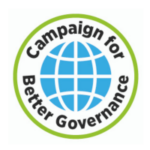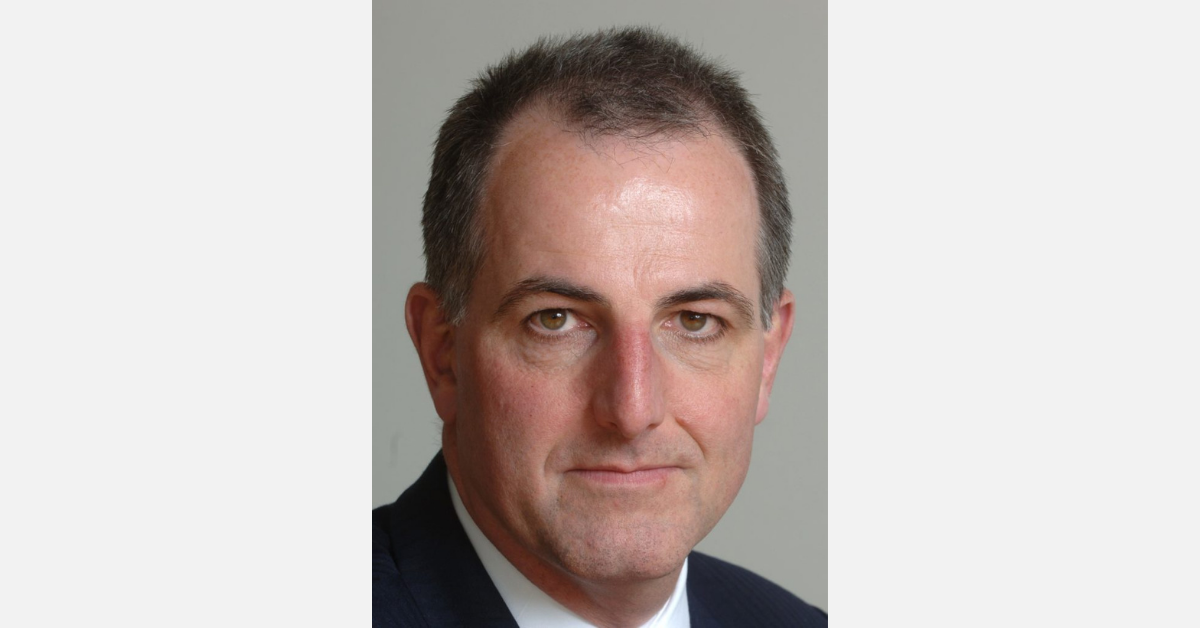
There can be few who have felt anything but horror as Russian forces launched a full-scale invasion of Ukraine, bringing war involving a military superpower to the European continent for the first time in very many years.
This is perhaps the first war to be fought on European soil in the ‘modern’ era, where the control of information and finance is as important as the control of infrastructure and territory.
See also: – ‘Weakening Putin’s regime’: A week of financial activism against Russia
The western world has been quick to condemn the actions of the Russian government and, short of meeting the invasion with physical firepower, economic sanctions may yet prove to be the strongest deterrent most countries are willing or able to impose. For the investment industry, which has been quick to champion its ESG credentials, the sudden escalation of the conflict will have taken many by surprise and forced them into acting with a speed which they might not be accustomed to, in order to meet their ESG objectives.
Nonetheless, at the time of writing, many important ‘names’ in the investment industry have taken a proactive and unequivocally strong position. Liontrust has suspended its Russia fund, Jupiter has suspended its Emerging European fund, while abrdn and DWS have said they will not make any investments in Russia ‘for the foreseeable future’, naming but a few. However, divesting from Russian exposure as an ethical consideration is a complex business in a globally connected world. As we have seen from our ESG Market Review, without complete visibility of a fund’s holdings, it can be very difficult to fully understand what exposure an investment faces, particularly when the situation changes so rapidly and a market or an asset is suddenly deemed as ‘toxic’. The picture is of course even murkier for discretionary portfolio managers or fund of fund providers.
See also: – Quilter donates £100k to Ukraine humanitarian appeal
The impact can be felt across the asset classes too. While many companies have been similarly quick to announce their intentions of Russian withdrawal (BP, Shell, Apple, Adidas being among several of the most prominent) it is far easier for an equity-based fund to divest itself from ‘unethical’ investments than it is for a property fund for example. Surges in redemption requests can have serious implications for every fund, but it is felt particularly sharply among property funds at times of stress, as the gating of M&G’s property portfolio showed towards the end of 2019. As long as the conflict goes on, liquidity across every fund facing redemptions will dwindle every day until the conflict resolves or the fund has to gate.
The pressure to put greater emphasis on social and ethical considerations at the heart of their operations has sharpened[asset managers’] thinking and quickened actions. If this is the case, then the argument for ESG investing is an even more powerful one.
Mikkel Bates
The conflict also brings many key ambiguities of ESG investing to the fore and shows how fluid the definition of ESG may be. Armaments and munitions, for instance, have long been considered an unethical investment. Yet, with the Bundestag signing-off on an unprecedented £85bn increase in defence spending for the German military, and even Switzerland dropping its famous neutrality, the argument has been put forward that armaments now constitute a ‘good’ investment, in light of the changing security situation in Europe. Might the same apply to nuclear power if gas supplies are stretched, or with GM foods if Ukraine’s leading position as a wheat producer comes under strain?
Making the case for ESG funds over and above ‘traditional’ funds will become intrinsically harder too. The popularity of ESG funds of course boomed at a time when market conditions supported their growth and their ability to generate positive returns. As the Covid-19 pandemic struck and most of the world resorted to home working, technology stocks, which underpinned many ESG funds, were booming, but now, as markets have rotated to combat rising inflation and interest rates, the war has placed additional pressure on energy supplies. At the time of writing, oil prices (Brent Crude in particular) have soared past 2014 levels, as supply from Russia dries up. No ESG fund worth its name will have holdings in an oil major, so the ability to generate positive returns in light of these new conditions will be exceptionally difficult.
Of course, for the time being, none of this matters. The peaceful and immediate resolution of the conflict in Ukraine should be the prime focus for every organisation. As one of these parties, the investment industry has a role to play and it has been encouraging that there has been such a strong consensus to exercise the power that it holds. Perhaps the growing awareness of ESG investing among asset managers over the past few years and the pressure to put greater emphasis on social and ethical considerations at the heart of their operations has sharpened their thinking and quickened their actions. If this is the case, then the argument for ESG investing is an even more powerful one.
Mikkel Bates is regulations manager at FE fundinfo and an ESG Clarity Committee member.
Bonhill’s Campaign for Better Governance, is run by ESG Clarity, International Adviser, Portfolio Adviser and DiversityQ to encourage the investment management community to consider it’s own governance at a time of increased scrutiny on ESG investing.








